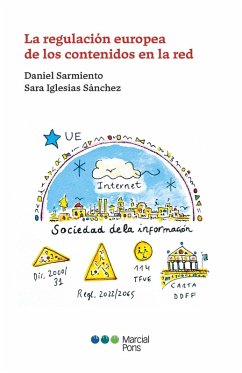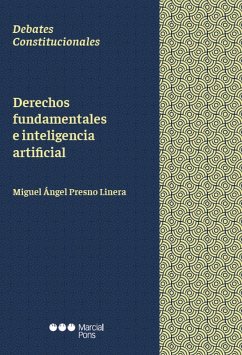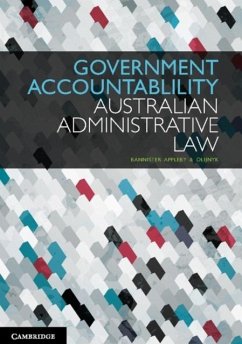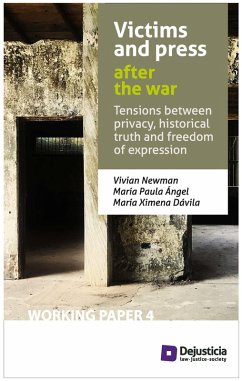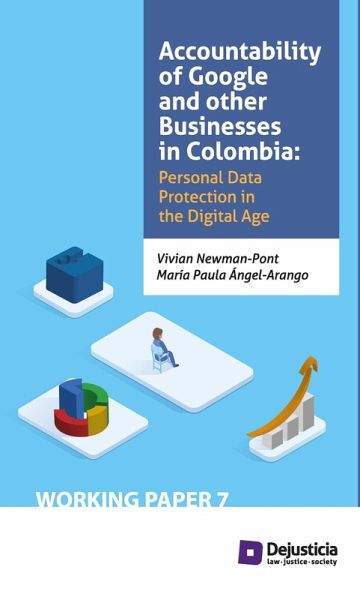
Accountability of Google and other businesses in Colombia (eBook, PDF)
The protection of personal data in the digital age

PAYBACK Punkte
0 °P sammeln!
In this document we analyze the privacy policies of 30 companies with data-driven business models that collect data in Colombia and identify practices that have not been sufficiently contemplated by the personal data protection regime currently applicable in our country. But what has been done in Colombia to guarantee these rights in the digital economy framework? In this document, we explore the degree of preparedness of our legal personal data protection regime and data protection authorities for tackling the risks that the digital era poses to different values and rights, thereby holding ac...
In this document we analyze the privacy policies of 30 companies with data-driven business models that collect data in Colombia and identify practices that have not been sufficiently contemplated by the personal data protection regime currently applicable in our country. But what has been done in Colombia to guarantee these rights in the digital economy framework? In this document, we explore the degree of preparedness of our legal personal data protection regime and data protection authorities for tackling the risks that the digital era poses to different values and rights, thereby holding accountable the companies with data-driven business models (DDBM). From the review of their privacy policies, we analyze the modus operandi of an illustrative sample of 30 DDBM, among which are included-for their economic, technological, and social power-the so-called GAFAM (Google, Apple, Facebook, Amazon, and Microsoft). After this analysis, we identify several practices that have not been sufficiently contemplated by the personal data protection regime currently applicable in Colombia, and whose regulation, in comparison with the European GDPR and the CCPA of California, has significant room for improvement. Likewise, we identify several shortcomings in the capacities of the Colombian data protection authorities in holding the DDBM accountable and therefore, propose some corrective measures. Descripción tomada y adaptada de: dejusticia.org/publication/accountability-of-google-and-other-data-driven-business-models-data-protection-in-the-digital-age
Dieser Download kann aus rechtlichen Gründen nur mit Rechnungsadresse in A, B, BG, CY, CZ, D, DK, EW, E, FIN, F, GR, H, IRL, I, LT, L, LR, M, NL, PL, P, R, S, SLO, SK ausgeliefert werden.






